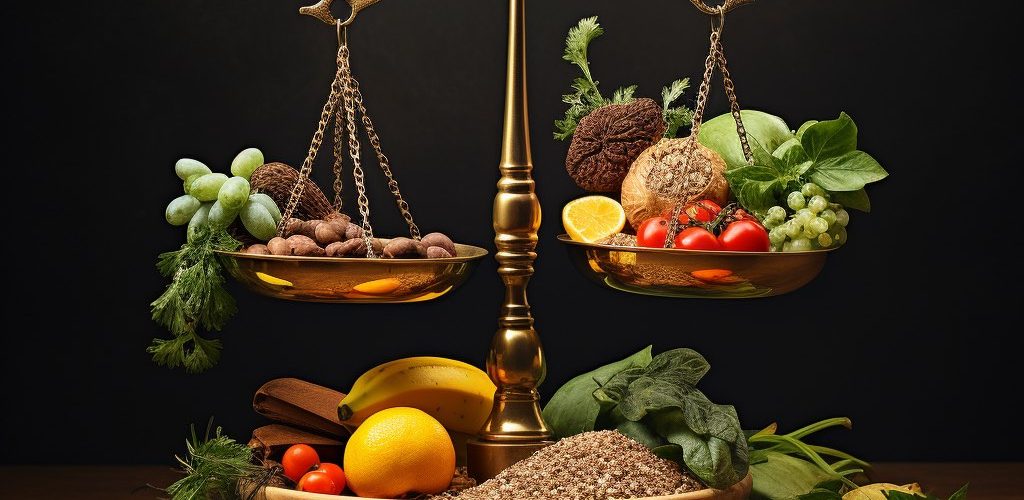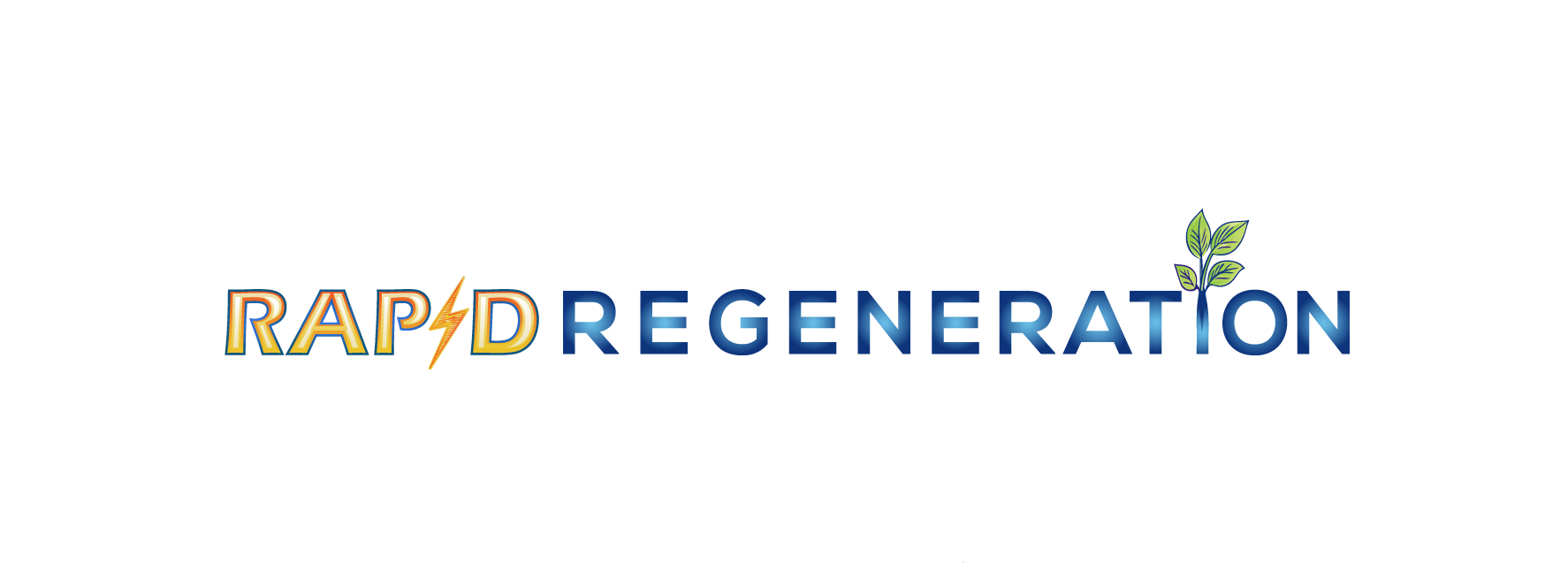
When you start to eat healthier and after you go through a transition phase and really start to get into a lifestyle of healthy food consumption, people might get worried and express genuine concern for your well-being. They might say things like, “Do you get enough protein?” Or, “Aren’t you eating too much sugar?” Or, “Are you eating enough variety?” These are issues which are addressed in other segments in more detail, and these types of things that people tend to worry about may in fact be unfounded for reasons detailed in other segments.
The point is that people do seem to sense that there could be a liability or risk of eating simple, whole ingredients only and avoiding a larger variety of more processed foods. In the case of somebody going to a plant-based consumption of foods and giving up animal products, people also generally have some concern that this individual may be depriving themselves of some important nutrients which he or she otherwise would be consuming from eating animal products.
I think that this concern that people have surrounding this is based on some degree of reality. Ultimately, the idea of just living on simple, whole ingredients, particularly plant-based ingredients, is romantic and seems to create an image of an ideal scene where men and women are living in harmony with nature on Planet Earth. However, because of expedient modern agricultural practices, among other reasons, the soil quality has declined precipitously over the last century, resulting in whole foods being produced which are dramatically lacking in basic nutrients including vitamins and minerals.
It seems to be that people don’t really look at whole foods — like fruits, vegetables, herbs, nuts and seeds — as amazing superfoods with the most amazing life-regenerating qualities. In a way, this is understandable, because these foods seem to have lost a bit of their sheen as a result of the way they get produced and harvested in modern times.
If you have ever tasted a piece of fruit which is grown in a completely natural, organic, non-commercial-type setting and which is allowed to ripen completely before picking, you’ll know what I am talking about — the experience is ecstatic and makes your toes curl and gives you goosebumps because it’s so sensual and delightful. Sadly, the vast majority of the time this is not the experience from the products we pick up from our local supermarket.
The quality of the produce in today’s modern world is generally subpar, and this does result in whole foods which are lacking in minerals, vitamins and nutrients. In a way, this does cause potential shortages and imbalances in the body and this can be of great concern. Even considering animal products, if the animal is eating food from soil which is depleted, then it too will result in having subpar nutrition itself.
In terms of somebody who is eating just plant-based foods, there is also concern about whether this person can be missing out on certain nutrients they would be getting from animal products. Certainly, there are nutrients which tend to be more abundant in meat, fish, dairy and eggs, which can include Vitamin D, Vitamin A, Vitamin B12, Iodine, Iron, Zinc, and Choline. Certain livestock and dairy farmers understand the importance of nutrition and actually supplement their animals in addition to what they are fed, which can result in more nutrients being found in that ultimate animal tissue which gets consumed by the end user.
Also, certain animal products contain more Omega 3s as compared with Omega 6s (which seem to be more rarely found in the plant world) which could result in a better balance of Omega 3 to Omega 6 in the body of somebody who eats animal products. Somebody who is just eating plant-based may be at risk of being imbalanced in this way and having too much Omega 6 fatty acids.
Also, consider that somebody who is eating whole foods which are unrefined and unprocessed can be missing out on nutrients which the US government forces food companies to add to their products. At least in the USA, some examples of this include:
— Vitamin D and in some cases Vitamin A being added to pasteurized milk
— Calcium being added in some cases to pasteurized orange juice and some plant-based milks
— Eggs in some cases are fortified with Omega 3 Fatty Acids
— B Vitamins, Calcium and other nutrients are often added to breakfast cereals
— Vitamins B1, B2, B3, Iron and Folic Acid (a synthetic form of B9) being added to the entire processed grain supply
— Iodine being added to processed table salt
— Yogurts in some cases are fortified with sterols and/or stanols
In this sense, the government health regulators achieve an important goal, which is to provide somebody who is eating more unhealthy and processed foods with more nutrition. However, in the process of that, a moral hazard has been created, because the source of the extra healthy nutrition in most cases is actually an unhealthy food to begin with, so if somebody’s body is craving one of these foods because it knows it will get the added nutrients, it is more often than not encouraging the individual to indulge in processed and unhealthy foods.
So, what should we do about this? Should a person eating whole foods switch to eating processed and refined junk foods? Should a plant-based individual start eating beef liver and eggs and raw dairy? Or should somebody just try and continue eating what they’re eating and trust the simple old-fashioned approach to get whatever nutrients they can through their food and just tolerate whatever shortages may exist in their body as a result?
There is some debate and controversy whether supplementing one’s foods with nutrients like vitamins and minerals is really a natural way to exist and allow the body to be in harmony with nature. Ultimately, you will have to decide for yourself whether this type of accessory is worthwhile to have in your life. I have personally found that if needed somebody can supplement strategically, without going overboard, and experience tremendous benefits in terms of overall wellness and energy.
For somebody who is plant-based, they may want to pay special attention to B Vitamins which are more abundant in animal food products and consider supplementing in that area, and might consider iodine supplementation as well in the absence of eating fish. Special attention should also be paid to Vitamin D3, Vitamin A, and minerals like iron and zinc. Taking green powder is a whole-food-based supplement that can also help with some of this:
RapidRegeneration.com/GreenPowder
Please refer to a more extensive segment which covers supplementation more in-depth, as well as individual segments which cover different nutrients and the nuances involved with supplementation. Personally, even though I’ve gone through a phase where I hoped to simply rely on whole foods to give me all the sustenance I needed, my approach nowadays is to use specific vitamin and mineral supplements if needed and target the body strategically to compensate for some of the serious deficits that can exist in today’s environment. It’s a personal decision to decide if you should supplement, if so with what, and by how much, but you really should learn for yourself the information about the nature of various supplements and the degree to which they may be lacking from our environment — with that type of insight, you can make a more enlightened decision.
Truly, this is one of the big issues of our day. Ideally, we can fix the foods, fix our surrounding environment, and create more of a natural balance between ourselves and what we are eating. Until then, be smart, don’t be in denial about the severity of the problems we face, and figure out for you and your family how to best still feed our bodies the nutrients that are so essential so we can thrive and be our best selves.
